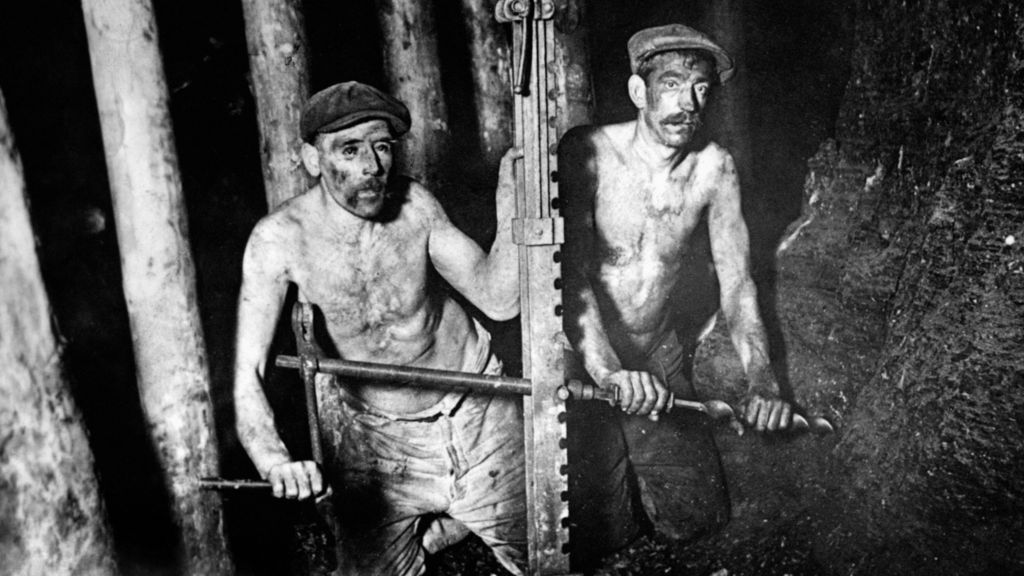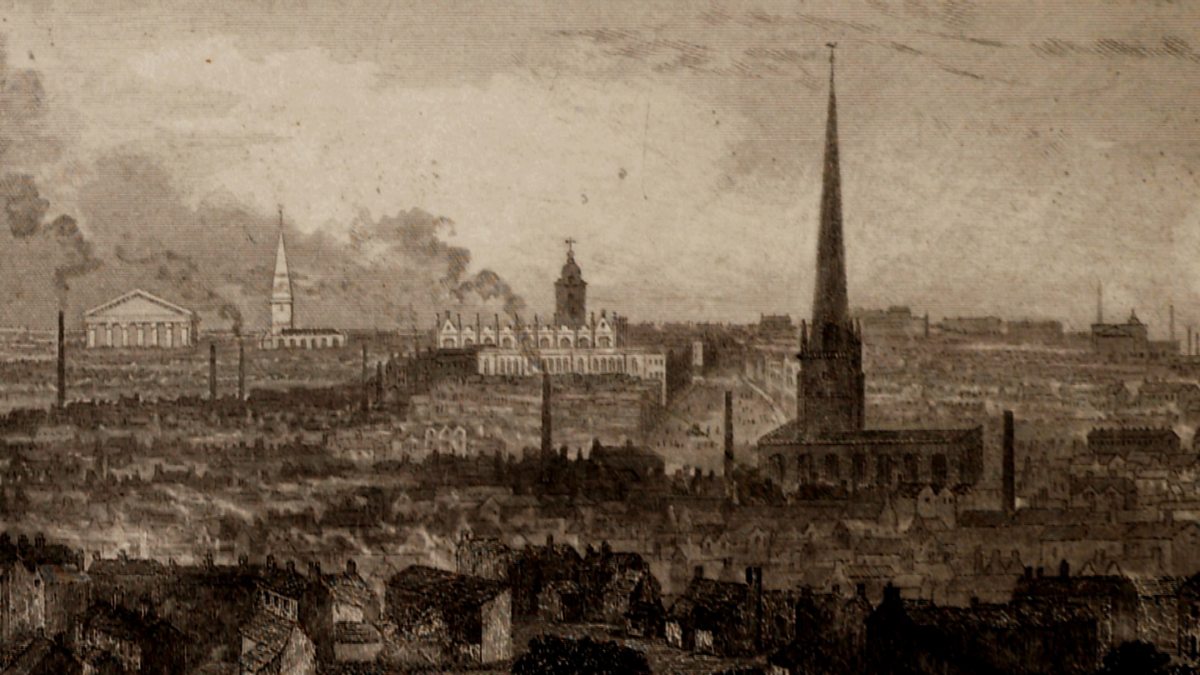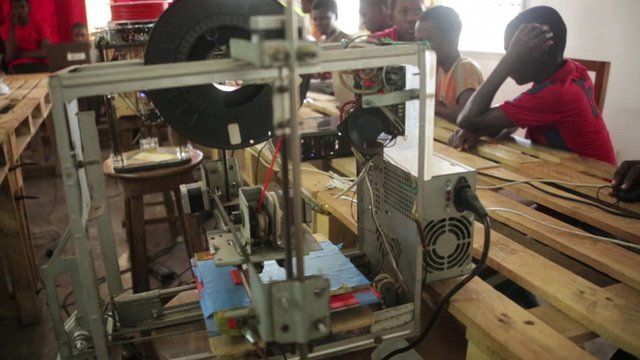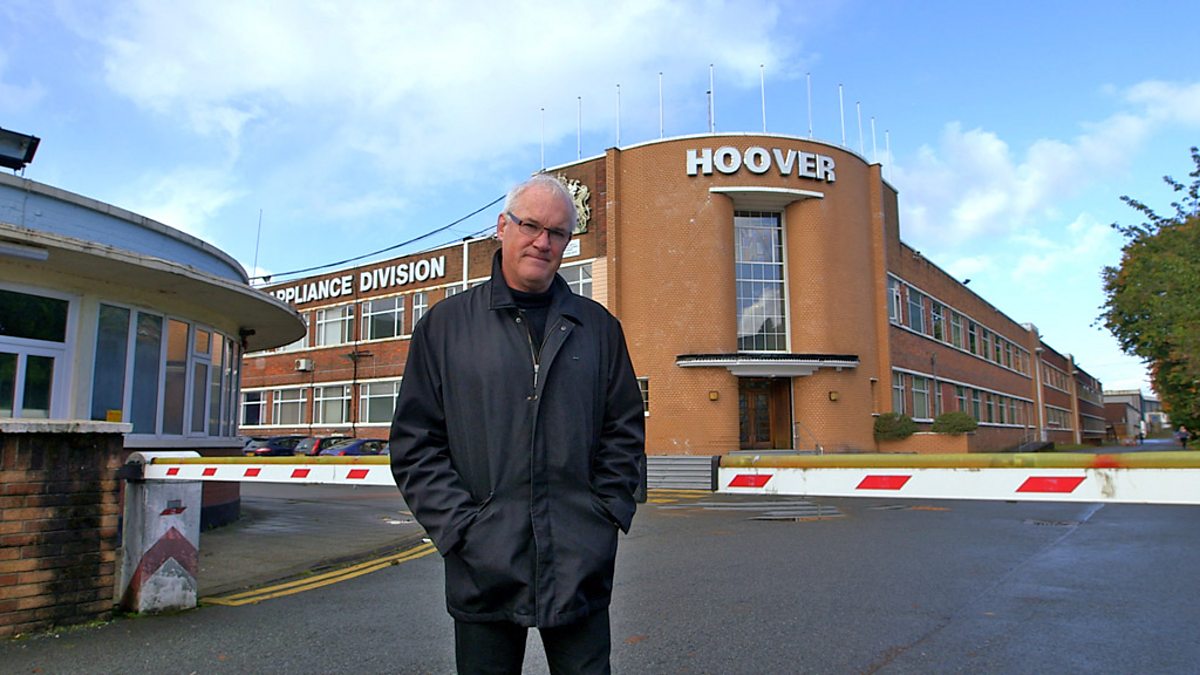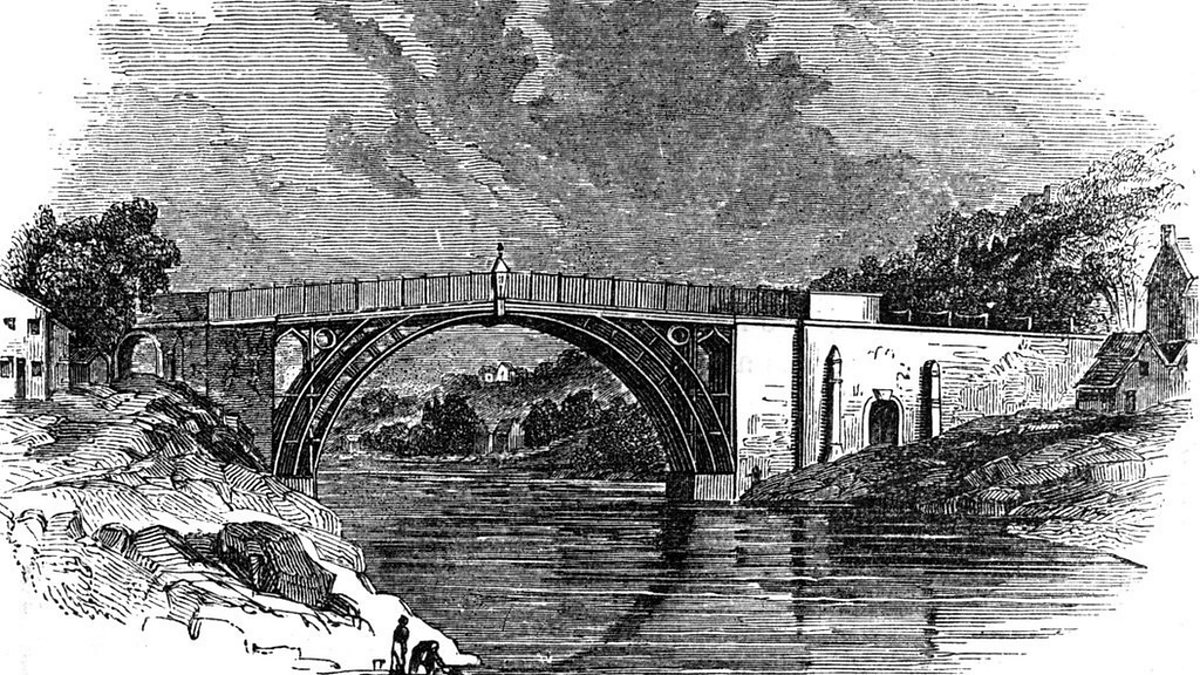General Information. History Documentary hosted by Jeremy Black, published by BBC in 2013 English narration [ Cover[ InformationProfessor Jeremy Black examines one of the most extraordinary periods in British history: the Industrial Revolution. Simply, the working conditions were terrible during the Industrial Revolution. As factories were being built, businesses were in need of workers. Industrial Revolution: Industrial Revolution, in modern history, the process of change from an agrarian and handicraft economy to one dominated by industry and machine manufacturing. The process began in Britain in the 18th century and from there spread to other parts of the world, driving changes in energy use, socioeconomics, and culture. The Fourth Industrial Revolution is the first where the tools of technology can become literally embedded within us and even purposefully change who we are at the level of our genetic makeup. It is completely conceivable that forms of radical human improvement will be available within a generation, innovations that risk creating entirely new. The Industrial Revolution produced many changes first in England, and then throughout the world. Explore these changes through a variety of interactive games, articles, and. com The Industrial Revolution was the transition to new manufacturing processes in the period from about 1760 to sometime between 1820 and 1840. British historian Jeremy Black on the BBC's Why the Industrial Revolution Happened Here. YEAR 6: THE INDUSTRIAL REVOLUTION (6 lessons) ontents Include: otton Production. power engines, factories and machines, the Industrial Revolution fundamentally changed the way that human beings live. This single innovation gave birth to the modern world. It is a topic of particular interest to ritain, as it was in ritain. The Industrial Revolution caused sweeping changes to Britain by ushering in scientific advancements, growth of technology, improvements to the fields of agriculture and production and an overall economic expansion. The Industrial Revolution began during the 18th century, and lasted well into the. The Industrial Revolution is a complex set of economic, technological, and social changes that occurred over a substantial period of time. Teachers should consider the documents in this collection as tools for stimulating student thinking about aspects of the Industrial Revolution. You will learn about the effects of the Industrial Revolution on living and working conditions, urbanization (the growth of cities), child labor, public health, working class family life, the role of women, the emerging middle class, and economic growth and income. You will be asked to reflect about what role, if any, the government should have. The industrial revolution that began at the beginning of the 19th century originally led to a huge polarization of wealth and power, before being followed by nearly 100 years of change including. A key stage 3 history revision resource for the Industrial Revolution Industrial Revolution. Factories in the Industrial Revolution Lancashire and the Industrial Revolution. Coal Mines in the Industrial Revolution. Diseases in industrial cities in the Industrial Revolution. Children in the Industrial Revolution. Commission chief Jose Manuel Barroso said it was time for a postindustrial revolution which would see Europe slash greenhouse gases by 20 by 2020. This is the first step towards a common energy policy, says the BBC's Europe editor Mark Mardell. There are three central pillars to the proposed integrated EU energy policy. During the 1800s the Industrial Revolution spread throughout Britain. Britain changes from a rural society to an urban one. In 1837, Britain was still a rural nation with 80 of the population living in. What The Industrial Revolution Did For Us Programme 1 Material World. Find out more about the Material World programme, part of the BBCOU's 'What the Industrial Revolution Did for Us' TV series. Industrial revolution assignment bbc bitesize @ianashton01 think i will give that a miss if you don't mind. terry pratchett wrote a very interesting essay on witches wizards The Industrial Revolution was a time when the manufacturing of goods moved from small shops and homes to large factories. This shift brought about changes in culture as people moved from rural areas to big cities in order to work. BBC Bitesize website Industrial Revolution exam preparation and quizzes. Eric Evans on why Britain became the world superpower in the 19th Century. Pat Hudson on why Britain was first. Download subtitles for Why the Industrial Revolution Happened Here (Jeremy Black examines an extraordinary time in British history, the Industrial Revolution. ) Industry The historian Arnold Toynbee also created the idea that, in the years between 1780 and 1830, there was an Industrial Revolution. Causes of the Industrial Revolution Industrial Revolution 4. 0 will be shaped by a fresh wave of innovation in areas such as driverless cars, smart robotics, materials that are lighter and tougher. The 18th century saw the emergence of the Industrial Revolution, the great age of steam, canals and factories that changed the face of the British economy forever. Early 18th century British industries were generally small scale and relatively unsophisticated. During the industrial revolution, as coal demand soared and the technology to produce and move it improved, coal experienced a massive escalation. Coal in the Industrial Revolution. European History Industry Agriculture Major Figures Events Wars Battles The industrial revolution made a myriad of products affordable for everyone, but at a cost in terms of the workers, including children being used as labor. La Revolucin Industrial, que dio comienzo en Inglaterra, fue una de las transformaciones ms importantes de la historia de la humanidad. Simon Winchester reveals how some of historys greatest engineers helped create the industrial age. BBC History Magazine and BBC World Histories Magazine are published by Immediate. began in Britain in the middle of the 18th Century. Here are my 12 Facts on the Industrial Revolution. Other articles where Second Industrial Revolution is discussed: history of Europe: The second industrial revolution: As during the previous half century, much of the framework for Europes history following 1850 was set by rapidly changing social and economic patterns, which extended to virtually the entire continent. In western Europe, shifts were less dramatic than they had been History of the Industrial Revolution Louis Auguste Blanqui, a nineteenthcentury socialist and political activist, is widely known for coining the phrase Industrial Revolution. This phrase refers to an important period in history, which began in the middle of the eighteenth century and reached its climax approximately 100 years later. Industrial revolution powered Britain to global preeminence and initiated social reform. Find out more about how the BBC is covering the World War One Centenary. By its nature the fourth industrial revolution is more collaborative than the first. It recently made its way into an item on BBC Breakfast television this shows. Learn and revise about the Industrial Revolution, an era of technology and productivity, with BBC Bitesize KS3 History. What the Industrial Revolution Did for Us is a BBC documentary series produced in conjunction with the Open University that examines the impact of the Industrial Revolution on modern society. It was originally broadcast on BBC Two from 7 October to 11 November 2003. When factories started being built, that denoted the start of a revolution. Learn about the Industrial Revolution in this quiz from Education Quizzes Very simple lesson suitable for a low ability group but could be modified for higher ability students. Gives an introduction to the Industrial Revolution that provides an overview of the main changes that took place between 1750 to 1900. Industrial Revolution teaching resources for Key Stage 2 Year 3, 4, 5, 6. Created for teachers, by teachers! Professional 19th Century Britain teaching resources. Read the key facts on the Industrial Revolution in the UK. Sections include The Domestic System, Textile Industry, Biographies of Factory Workers, Inventors Entrepreneurs, Inventions and Life in a Textile Factory. The Industrial Revolution an introductory essay for the Online research catalogue of Paper money in England and Wales at the British Museum The Fourth Industrial Revolution will also profoundly impact the nature of national and international security, affecting both the probability and the nature of conflict. The history of warfare and international security is the history of technological innovation, and today is no exception. Discover more about BBCOU's TV series on 'What the Industrial Revolution Did for Us' Summary of the BBCOU series 'What the Industrial Revolution Did For Us hosted by Dan Cruickshank. OU on the BBC: What The Industrial Revolution Did For Us Series Summary OpenLearn Open University Professor Jeremy Black examines one of the most extraordinary periods in British history: the Industrial Revolution. He explains the unique economic, social and political conditions that by the 19th century, led to Britain becoming the richest, most powerful nation on Earth. Previous industrial revolutions liberated humankind from animal power, made mass production possible and brought digital capabilities to billions of people. This Fourth Industrial Revolution is. They adore good gossip; and romance and change is in the air, as the unwelcome grasp of the Industrial Revolution rapidly approaches their beloved rural markettown. Stars: Judi Dench, Julia McKenzie, Imelda Staunton Everything you need to know about the industrial revolution, the term given to the era in the 18th and 19th centuries during which the United Kingdom saw many developments in technology and productivity. BBC History Magazine and BBC World Histories Magazine are published by Immediate Media Company Limited under licence from BBC Worldwide. How to teach the industrial revolution Of course, the industrial revolution was a topical issue for Charles Dickens and it is hard to find a better contemporary commentator. The second industrial revolution Shanghai has been the template for many of the developments The biggest mass migration in the history of the world is under way in China, and it is creating what some are calling the second industrial revolution..

